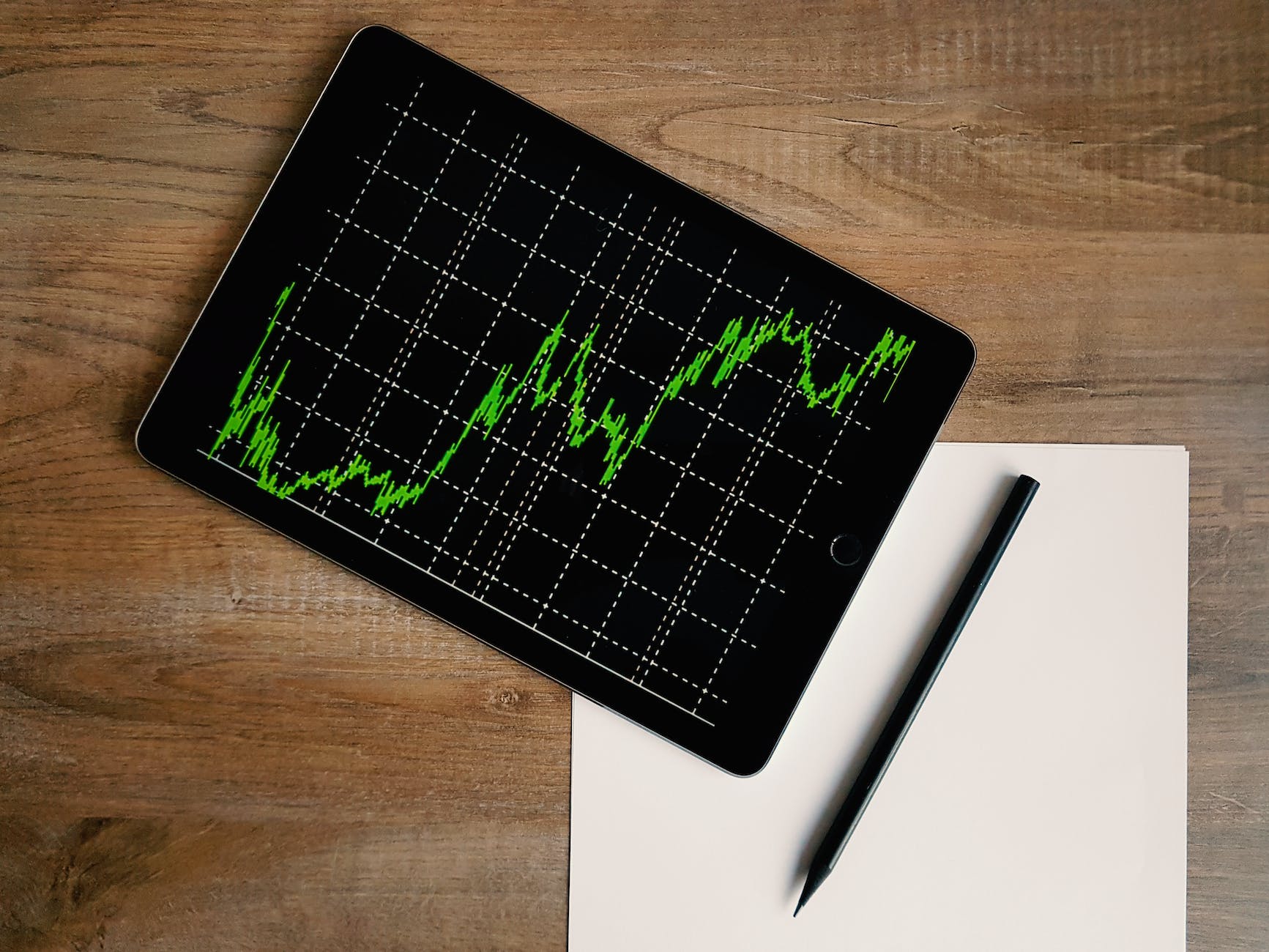Ladies and gentlemen, welcome to the ultimate showdown: forex trading vs. stock trading. In one corner, we have the dynamic world of forex, where currencies clash and fortunes are made. In the other corner, we have the venerable stock market, where companies rise and fall, and investors seek their share of the pie. But which one reigns supreme in the realm of profitability? Let’s dive into the ring and find out!
1. Introduction: Clash of the Titans
In one corner, we have forex trading, where currencies are bought and sold in the largest and most liquid market in the world. In the other corner, we have stock trading, where shares of companies are traded on exchanges across the globe. Both markets offer unique opportunities and challenges, but which one has the upper hand in terms of profitability? Let the battle begin!
2. Liquidity: The Battle of Volume
When it comes to liquidity, forex trading takes the crown. With a daily trading volume that surpasses trillions of dollars, the forex market boasts unparalleled liquidity. This means that traders can enter and exit positions with ease, ensuring tight spreads and minimal slippage. Stock trading, while still liquid, can’t quite match the massive volume of the forex market.
3. Volatility: The Tug of War
Volatility, my friends, is where the battle intensifies. Forex trading, with its constantly changing exchange rates influenced by economic and geopolitical factors, offers ample volatility for traders to capitalize on. On the other hand, stock trading can also see significant price swings, especially during earnings releases or major company news. It’s a close call, but forex trading edges out stock trading in terms of overall volatility.
4. Accessibility: Breaking Down Barriers
When it comes to accessibility, forex trading opens its doors to traders of all sizes. With low entry barriers, including the ability to trade micro-lots, forex trading welcomes both retail and institutional players. Stock trading, while accessible to individual investors, often requires larger capital due to higher share prices. Forex trading takes the win in terms of accessibility for aspiring traders.
5. Market Hours: Around-the-Clock vs. Set Schedule
Here’s where the battle takes an interesting turn. Forex trading operates around-the-clock, with trading sessions overlapping across different time zones. This means that traders can seize opportunities at any hour of the day or night. Stock trading, on the other hand, adheres to set market hours, usually following the local time zone of the exchange. Forex trading’s 24/7 availability gives it an advantage in terms of flexibility and the ability to react quickly to market events.
6. Leverage: Double-Edged Sword
Ah, leverage, the double-edged sword that can amplify both profits and losses. Forex trading offers high leverage, allowing traders to control larger positions with a fraction of the capital. This amplifies profit potential but also increases risk. Stock trading, while leverage is available through margin accounts, generally offers lower leverage ratios. It’s crucial to handle leverage with care and understand the associated risks in both markets.
7. Profit Potential: Digging for Gold
Now, let’s talk about the ultimate question: which market has the greater profit potential? The answer, my friend, lies in your trading style and strategy. Both forex trading and stock trading can be highly profitable for skilled and disciplined traders. The key is to identify opportunities, analyze market trends, and execute well-informed trades. The battle for profit supremacy depends on your expertise and the effort you put into mastering your chosen market.
8. Risk: The Tightrope Walk
Profitability comes hand in hand with risk, my fellow warriors. Forex trading carries its own set of risks, including currency fluctuations, geopolitical events, and economic factors. Stock trading, on the other hand, is exposed to company-specific risks, industry trends, and market sentiment. Risk management, thorough analysis, and staying informed are essential in both markets to navigate the treacherous terrain and protect your hard-earned capital.
9. Conclusion: Choosing Your Champion
In the epic clash of forex trading vs. stock trading, there is no definitive winner in terms of profitability. Both markets offer opportunities for traders to make profits, but they come with their own unique characteristics and challenges. It ultimately boils down to your trading preferences, risk tolerance, and the time and effort you’re willing to invest in mastering your chosen market.
FAQs: The Battle Continues
Can I trade both forex and stocks simultaneously?
- Absolutely! Many traders diversify their portfolios by trading both forex and stocks. It allows for a broader range of opportunities and can help spread risk across different markets.
Which market is better suited for beginners?
- Both markets can be navigated by beginners, but forex trading is often considered more beginner-friendly due to its lower entry barriers, higher liquidity, and 24-hour availability. However, proper education and practice are crucial regardless of the chosen market.
Is it possible to switch from forex trading to stock trading or vice versa?
- Of course! Many traders transition between forex trading and stock trading based on their evolving strategies and market conditions. The principles of technical analysis and risk management apply to both markets, allowing for a smooth transition.
Are there any restrictions on short-selling in forex or stock trading?
- Short-selling is generally more prevalent in stock trading, where shares can be borrowed and sold with the expectation of buying them back at a lower price. In forex trading, short-selling is inherent in the nature of currency pairs, as one currency is sold while another is bought.
Can I profit in both rising and falling markets?
- Yes, indeed! Both forex trading and stock trading provide opportunities to profit in both rising and falling markets. Long and short positions can be taken in forex trading, while stock trading allows for buying and selling shares to capture both upward and downward price movements.

